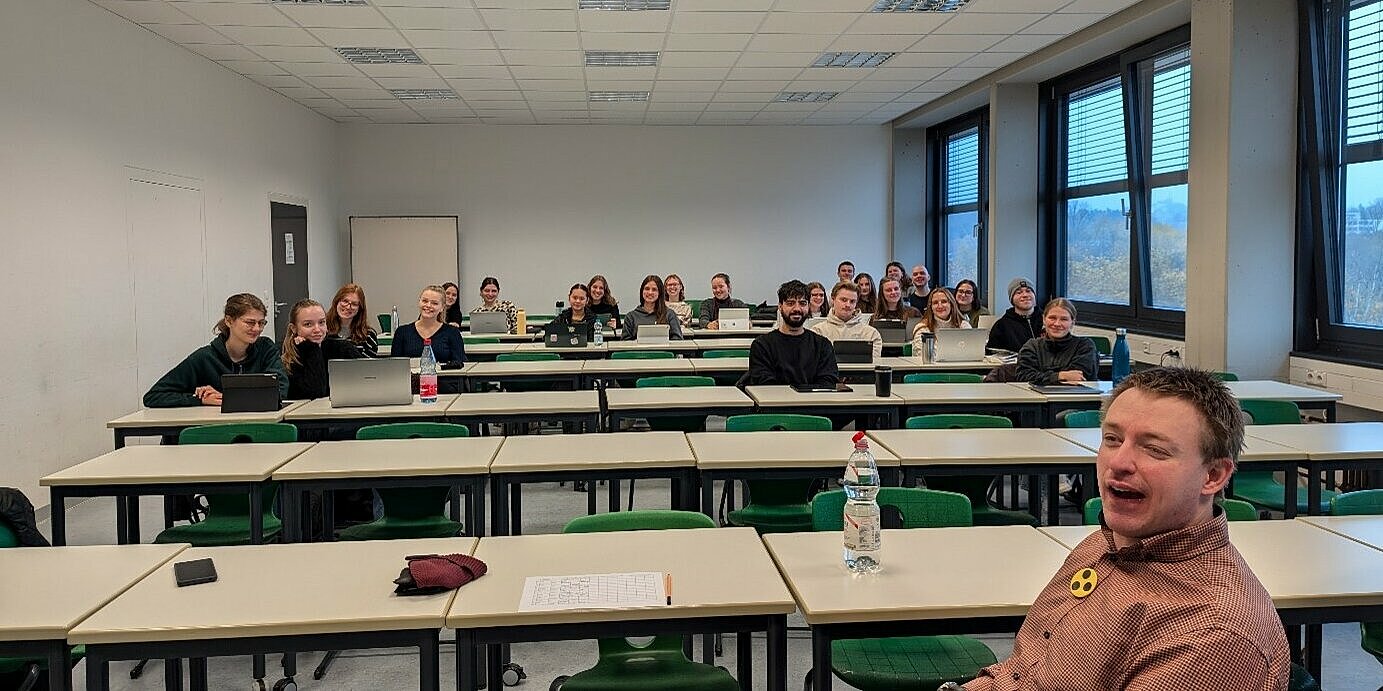As part of the course ‘Easy Language and Cultural Participation’, around 30 social work students will learn how to translate information into easy language in the winter semester 2024/25. This semester, the students have the task of translating ten texts for the Haus der Bayerischen Geschichte into plain language. Sebastian Müller is providing support as a lecturer. He is receiving expert support from Susanne Moldaschl, a museum educator at the Haus der Bayerischen Geschichte who is, among other things, the contact person for the topics of participation and inclusion of people with disabilities. She has created the text templates that the students have to translate in groups by the end of January 2025. The texts will then be reviewed in plain language by experts from Katholische Jugendfürsorge (KJF workshops). The Haus der Bayerischen Geschichte (HdBG) will then publish the texts online so that they can be read by everyone. Regardless of whether people are able to visit the museum or not.
Barrier-free access to cultural offerings
These texts are intended to give people who need easy language to participate a better understanding of history in Bavaria and enable them to inform themselves about it in a self-determined way. The origin of this project came from the ‘einfach g'macht’ test group of the Straubing workshops, which is very interested in historical texts. Since 2019, the test group has repeatedly checked texts in easy-to-read language for the Haus der Bayerischen Geschichte for comprehensibility, thus making a valuable contribution to ensuring that the museum has more and more inclusive offerings.
In terms of content, the texts deal with groundbreaking events in Bavarian history from 1800 to the present day. The history of democracy and the development from a kingdom to the Free State of Bavaria are particularly important. The Faculty of Social and Health Sciences, the HdBG Regensburg and the KJF Regensburg are also jointly implementing Article 30 of the UN Convention on the Rights of Persons with Disabilities through the project ‘Bavarian history told in a lively and understandable way’. This calls for barrier-free access to cultural offerings.
